pass gas after surgery
:max_bytes(150000):strip_icc()/passing-gas-after-surgery-3156880-8210314478b845498a48dd0abfeea386.gif) Importance of Flatulence and Gas After Surgery
Importance of Flatulence and Gas After SurgeryIleus What's an oil? It's about 28 feet long. This means that the food they eat has a long way to travel before they are completely digested or excreted. Their intestines complete this task by moving into a wave movement. Known as peristalsis, these muscle contractions advance forward their digestive food. However, if something like muscle or nervous problems, decreases or blocks this movement, the result can be a huge problem of traffic in your intestines. Ileus is the medical term of this lack of movement somewhere in the intestines that leads to an accumulation and potential blocking of food material. An oil can lead to a . This means that no food, gas or liquid material can pass. It can occur as a side effect after surgery. However, there are other causes of this condition. An oil is a serious concern. But people often don't know that food is building in their intestines and they're still eating. This pushes more and more material into accumulation. Without treatment, the oil can pierce or tear the intestine. This causes the intestinal content — which has high levels of bacteria — to leak into areas of body cavity. This can be deadly. If an oil occurs, it is important to receive treatment as quickly as possible. An oil can cause extreme abdominal discomfort. Symptoms associated with ileum include: they are the most common signs of an ileum. Your stomach and intestines will start filling with gas that cannot pass the rectum. This makes the abdomen look narrow and swollen. If you experience these symptoms, especially after surgery, it is important to seek immediate medical care. An oil is common after surgery because medicines are often prescribed that can stop the bowel movement. This is a type of paralytic oil. In this case, the intestine is not blocked. Rather, it doesn't move properly. The result is little or no food movement digested through your intestines. Examples of medicines that can cause paralytic ileum include: However, there are several other causes of an ileum. These include: These are the most common causes of adult oil. Children can also have an oil. Intussception is the most common cause for an oil in children. This is when a part of the "telescopes" intestines or slides in itself. Ileus is the most common reason for hospital readmission in the first 30 days after surgery. An oil is more likely if you have recently had abdominal surgery. Surgical procedures in the abdomen involving the management of the intestines usually cause stoppage of the bowel movement for a period of time. This allows the surgeon to access his intestines. Sometimes normal peristalsis can be slow to return. Other people are more likely to experience later formation of scar tissue that can also lead to an oil. Several medical conditions may increase the risk of ileum. They include: Aging also naturally decreases the speed with which the intestines move. An older adult is at greater risk for ileum, especially because they tend to take more medications that could stop the movement of material through the intestines. A doctor would first hear a description of your symptoms. You may be asked about any history of medical conditions, prescription drugs, and surgeries, especially recent procedures. Your doctor will perform a physical exam, looking at your abdomen to detect signs of swelling or stiffness. Your doctor will also listen to your abdomen to be typical with a stethoscope. If your intestines don't move because of an oil, your doctor may not hear anything, or may hear excessive bowel sounds. Images studies are usually ordered after a thorough physical examination. A doctor may use these methods to identify areas where the intestine content appears to be concentrated. Images studies can show where an oil is found, probably showing a gas buildup, a large intestine, or even obstruction. Examples of imaging studies include: In some cases, a doctor may use a diagnostic procedure known as air or . A doctor will insert air or barium sulfate, a radio-opalic substance, through the rectum in the colon, while a technician takes X-rays from the abdomen. The air or barium appears on the X-ray to help the technician see any potential obstruction. In some children, this procedure may treat an oil caused by intussception. An oil can become a serious and life-threatening situation. Two of the most severe complications are: NecrosisAlso known as timeless cell death or dead tissue, it can occur when a block cuts the blood supply to the intestine. Without blood, oxygen can't get the tissue, which makes it die. Dead tissue weakens the intestinal wall. This makes it easy for the intestine to tear and filter the contents of the intestine. This is known as . Peritonitis The intestinal perforation mentioned above can cause . This is a severe inflammation in the abdominal cavity caused by bacteria or fungi. Your intestine contains many bacteria, such as . They are supposed to stay in your intestines, not walk free in your body cavity. Bacterial peritonitis can become , a condition that threatens life that can result in shock and organ failure. Treatments for an oil depend on their severity. Examples include: Partial obstructionSometimes a condition like Crohn's disease or diverticulitis will mean that part of the intestine does not move. But some bowel material can happen. In this case, if you are otherwise stable, a doctor may recommend a low-consumption diet. This can help reduce the bulky stool, facilitating the passage. However, if that does not work, surgery may be needed to repair or move the affected part of the intestine. Complete obstruction A complete obstruction is a medical emergency. Treatment will depend on your overall health. For example, some people cannot handle extensive abdominal surgery. This includes the very elderly and those who have colon cancer. In this case, a doctor may use a metal stent to make the intestine more open. Ideally, the food will begin to pass with the stent. However, abdominal surgery may be necessary to remove the blockage or portion of the damaged intestine. Paralytic ileumThe treatment for a paralytic ileum begins by identifying the underlying cause. If the medication is the cause, a doctor may prescribe another medication to stimulate motility (inestine movement). An example is metoclopramida (Reglan). Discontinued medications that caused the oil, if possible, can also help. However, you should not stop taking a medication, especially an antidepressant, without your doctor's approval. Treatment without surgery is possible during the early stages of paralytic ileum. But you may still need a stay in the hospital to get the right fluids until the problem is completely solved. A doctor may also use a suction-based nasogastric tube, in addition to providing intravenous fluid hydration. Known as , this procedure requires a tube to be inserted into the nasal cavity to reach your stomach. Essentially the tube sucks out the extra air and the material you can vomit otherwise. Most of the fluid related to surgery will resolve within two to four days after surgery. However, some people require correction surgery if the condition does not improve. Surgery Considerations Your intestines are very long, so you can live without a part of it. Although it may affect the digestive process, most people live a healthy life with a part of their gut removed. In some cases, a doctor may have to remove the entire intestine. In this case, a doctor will create a special bag called otomy. The bag allows the stool to drain from its remaining gastrointestinal tract. You have to take care of the otomy, but you can live without your intestine after an oil. An oil is common, but it is highly treatable. If you have had recent surgery or have other risk factors for an oil you should be aware of the symptoms. Finding medical care is important in the hopes that the oil can be solved without invasive medical treatment. Most risk factors associated with the oil are not preventable. Examples include an injury or a chronic disease. If surgery is necessary, the possibility of ileum should be considered. But you should not prevent you from having necessary surgery. Being aware of the symptoms of an oil are important in the search for a quick treatment to prevent it from getting worse. Last medical review on January 23, 2019Read this following

3 Ways to Pass Gas After Surgery - wikiHow

3 Ways to Pass Gas After Surgery - wikiHow

3 Ways to Pass Gas After Surgery - wikiHow
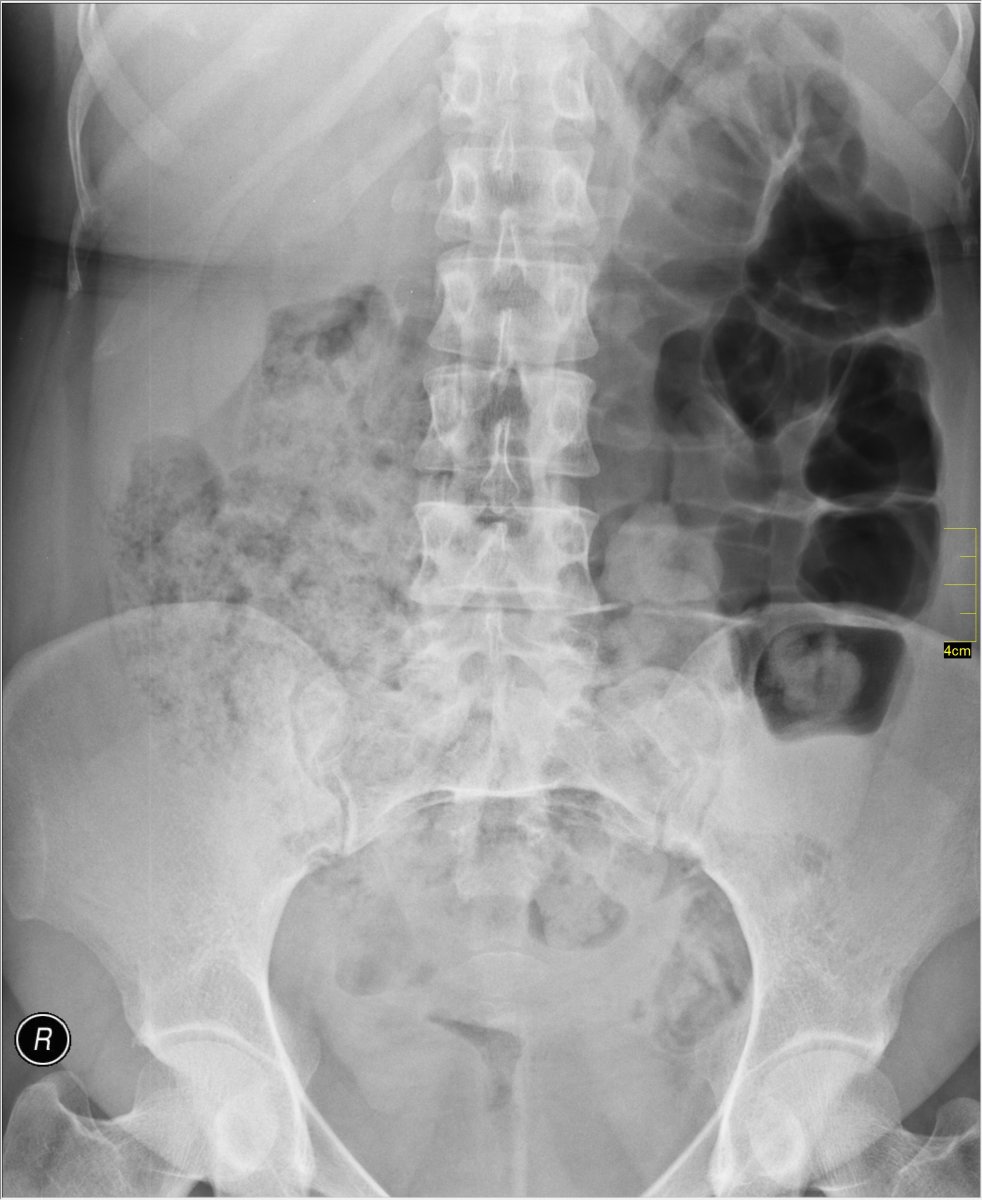
Gas Pain After Surgery: Why It Happens and How to Relieve It - HealthProAdvice - Health and Wellness

10 Solutions for Shifting Gas after Hysterectomy | Pelvic Exercises

Gas Pain After Surgery: Why It Happens and How to Relieve It - HealthProAdvice - Health and Wellness

The Gas You Pass Following Bariatric Surgery: What's behind this Post-op Issue - Obesity Action Coalition

Physical Therapy Exercises for Relieving Gas After Hysterectomy - YouTube

3 Ways to Pass Gas After Surgery - wikiHow
:max_bytes(150000):strip_icc()/appendectomy-surgery-3157269-v3-741f5ee35be148b6a4f445ed4efee5f4.png)
Appendectomy: Procedure, Recovery, Aftercare
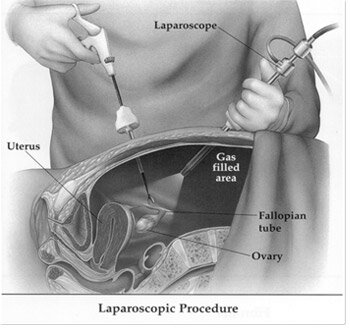
Post-Surgical Shoulder Pain — The Center for Endometriosis Care

How to fart: 6 best poses and tips to pass gas

Trapped Gas: Relief, Causes, Symptoms, When to See a Doctor

Pin on Endo ~ Life Sentence

Why is it important to fart or pass gas after a c-section? | TheHealthSite.com

6 ways to get rid of gas | Considerable

How to get rid of gas pain fast: 20 natural home remedies
/painful-gas-during-pregnancy-4179023-5c5dbb0bc9e77c0001d92b18.png)
Painful Gas Causes and Prevention During Pregnancy

GET THE GAS OUT | Laparoscopy POST-OP Healing TIPS - YouTube
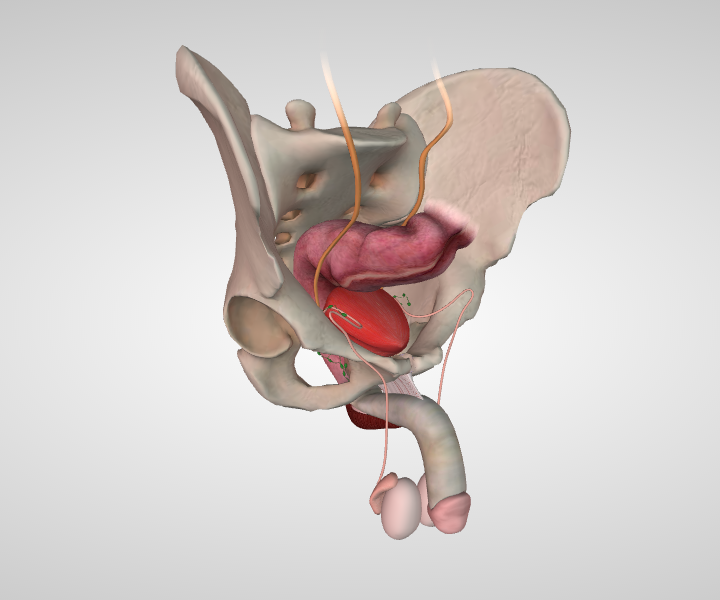
About Your Prostate Surgery | Memorial Sloan Kettering Cancer Center

This Is What Your Excessive or Foul-Smelling Gas Could Mean | Keck Medicine of USC

Feeling gassy — is it ever a cause for concern? - Harvard Health Blog - Harvard Health Publishing
:max_bytes(150000):strip_icc()/GettyImages-530685559-9444100d86fc46bca7ca030523b230c0.jpg)
Importance of Flatulence and Gas After Surgery

What to Eat After You Have Your Gallbladder Removed – Health Essentials from Cleveland Clinic

3 Ways to Pass Gas After Surgery - wikiHow

7 Easy Ways to Tame Excessive Gas or Flatulence | Everyday Health

Gas in the Digestive Tract | Johns Hopkins Medicine
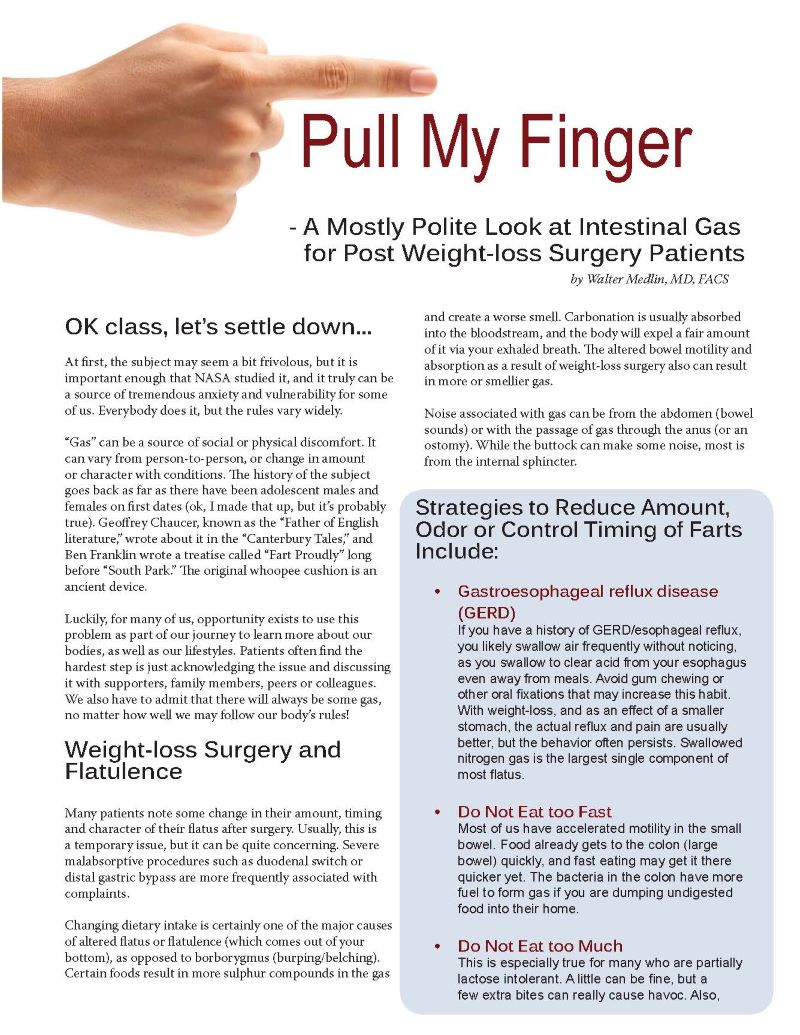
Pull My Finger - A Mostly Polite Look at Intestinal Gas for Post Weight-loss Surgery Patients - Obesity Action Coalition
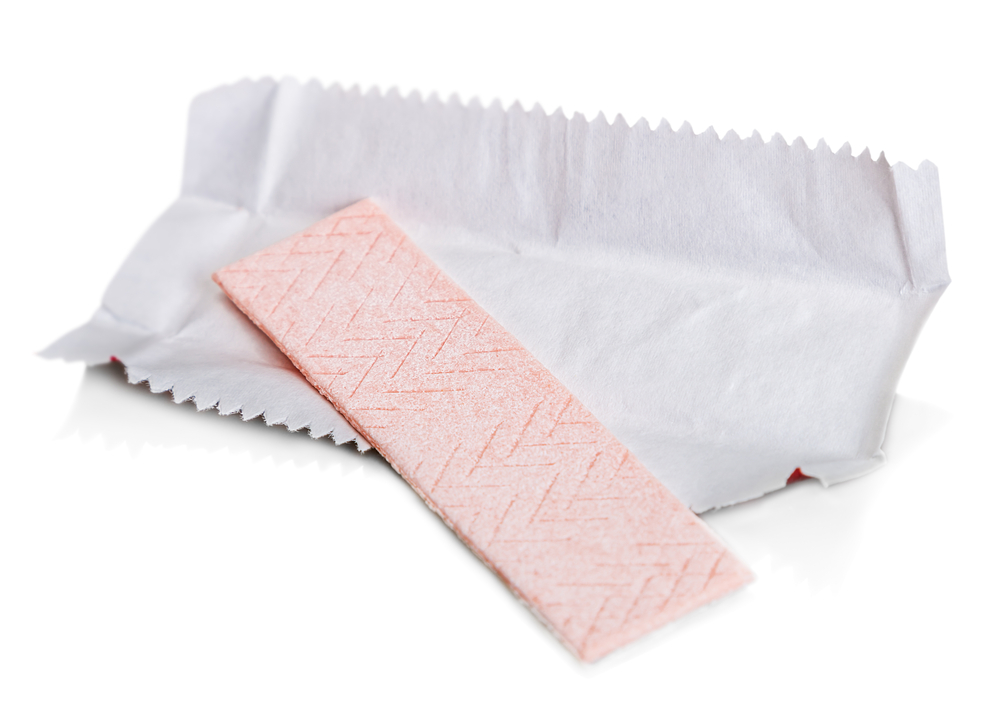
Why You Should Chew Gum Until You Fart After a C-Section | Live Science

How to relieve postpartum gas | BabyYumYum

Why am I so gassy, and what can I do about it? | Ohio State Medical Center

Post-Surgical Shoulder Pain — The Center for Endometriosis Care

How to Get Rid of Gas Problem After Delivery?

Gallbladder Removal Surgery: Side Effects and Complications

10 Solutions for Shifting Gas after Hysterectomy | Pelvic Exercises

Abdominal Adhesions: Causes, Symptoms, Treatment, Pain & Surgery

What can I expect after surgery and during my recovery?
Is peppermint tea good after surgery? – How It Works

Pin on Health
Posting Komentar untuk "pass gas after surgery"